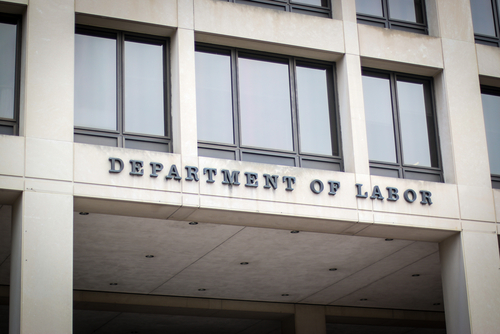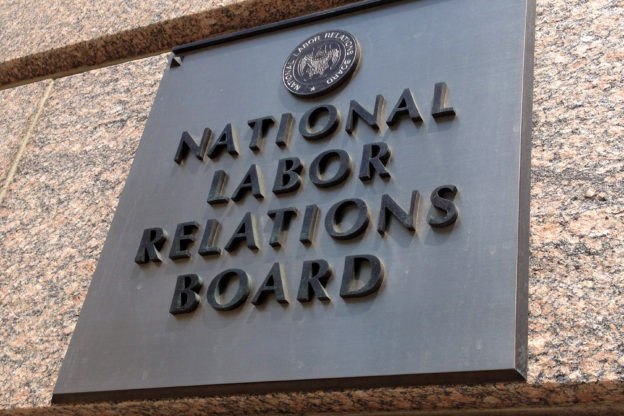
Ann Lee
by Ann Lee and Samantha Wolfe
On January 24, 2024, U.S. Citizenship and Immigration Services (USCIS) introduced significant changes regarding untimely filed requests for change of status or extension of stay for nonimmigrants, particularly under exceptional circumstances. This updated guidance, effective immediately, empowers USCIS with the discretion to excuse delays in these filing processes.
Understanding the Background

Samantha Wolfe
Nonimmigrants admitted to the United States for specific periods often seek extensions to continue activities permitted under their nonimmigrant status. Similarly, some individuals may aspire to change their status to another nonimmigrant classification, subject to meeting specific requirements. The extension and change of status applications or petitions are required to be filed within a certain time period of an event, such as a status expiration.
While USCIS typically maintains a stance against approving untimely filed requests, this policy revision now allows for discretion in cases where individuals face obstacles in filing within the prescribed timeframe and clarifies examples of extraordinary circumstances. Given the discretionary nature of the policy update, it remains imperative for individuals to uphold their status and adhere to filing deadlines for change of status or extension of stay requests. Read more
















